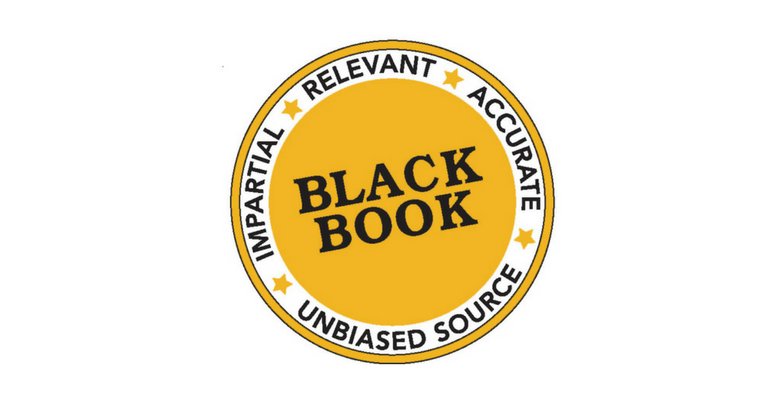As nearly every US hospital has an electronic health record system, 41% of surveyed medical record administrators still report struggling with exchanging patient health records with other healthcare providers, particularly physicians not on the same EHR platform. 25% say they are still unable to use any patient information received electronically from external sources.
81% of network physicians look to their core health system EHRs to enable interoperability among integrated healthcare delivery providers in order to set the stage for data-intensive initiatives such as population health, precision medicine, and value-based payment models.
“As inpatient organizations implement optimized EHR software that uses FHIR to advance interoperability and HIE, the entire provider network gains the data exchanging functionality to better serve patients,” said Doug Brown, Managing Partner of Black Book™. “Physician groups continue to lack the financial and technical expertise to adopt complex EHRs which are compulsory to attain higher reimbursements by public and private payers.”
“Integrated delivery network EHRs are the future’s source for trusted provider data integration and leading to the increase in physician EHR replacements in line with the hospital system.”
70% of hospitals aren’t using patient information outside their EHR in Q1 2017 according to surveyed clinicians because the external providers’ data is simply not available in their EHR systems’ workflow.
22% of medical record administrators report the transferred patient information was simply not presented in a useful format. 21% of hospital-based physicians polled last month state the data they view cannot be trusted for accuracy when sent between disparate systems.
In a time of declining claims reimbursement rates and value-based care, physician practices are struggling more than ever to improve their revenue cycle management strategies.
82% of independent physician practices are not confident that their groups have the necessary connectivity, data analytics and technology capabilities to successfully shoulder the financial risk requirements of quality payment programming.
63% of surveyed independent physicians also report they are now considering a merger with a larger integrated healthcare organization for technology and reimbursement reasons. 92% of hospital executives polled stated that they believe the financial pressures under the Quality Payment Program will drive more physician and post-acute care provider acquisitions in 2017.
Black Book™ identified EHR replacement activities increasing 52% in 2017 for acquired physician practices.
3,391 crowdsourced, current hospital EHR users provided feedback on their intentions to renew current contracts, purchase additional products and services such as HIE, population health tools and revenue cycle management, and the propensity for the client to recommend their inpatient EHR/HIT vendor to peer hospitals.
Inpatient/Hospital EHR vendors ranking first in client experience for 2017 are:
- Evident CPSI – Small & Rural Hospitals under 100 Beds
- Cerner – Community Hospitals 101- 250 Beds
- Allscripts – Medical Centers over 250 Beds
- Cerner – Hospital Chains, Systems and IDNs

